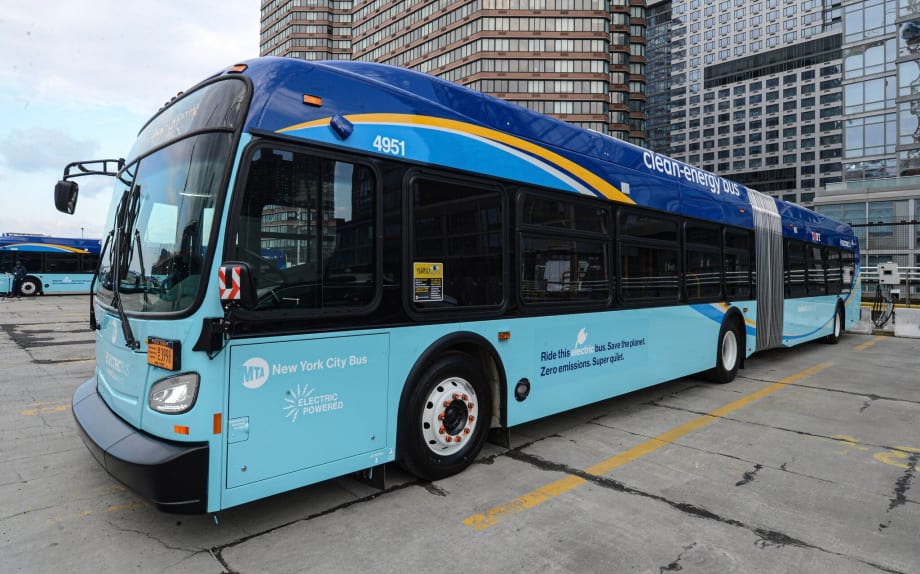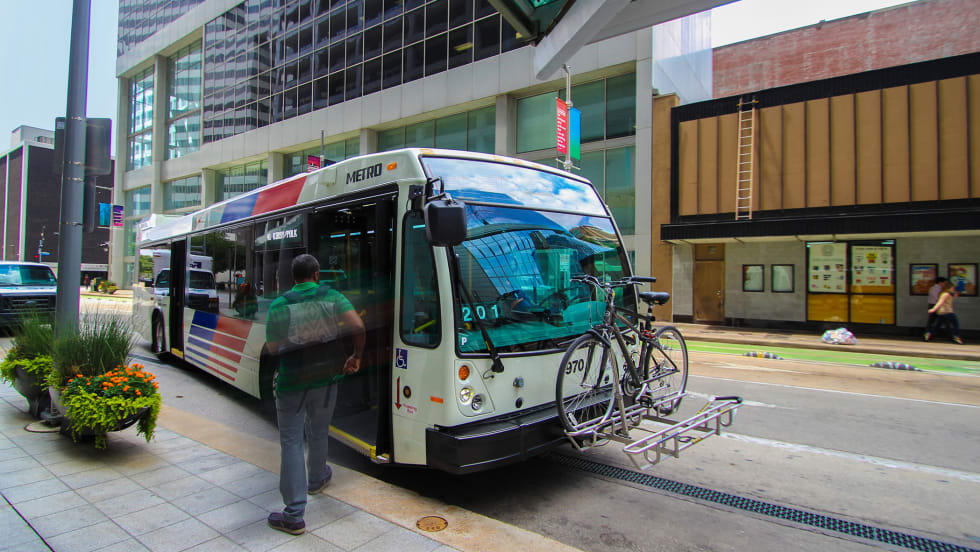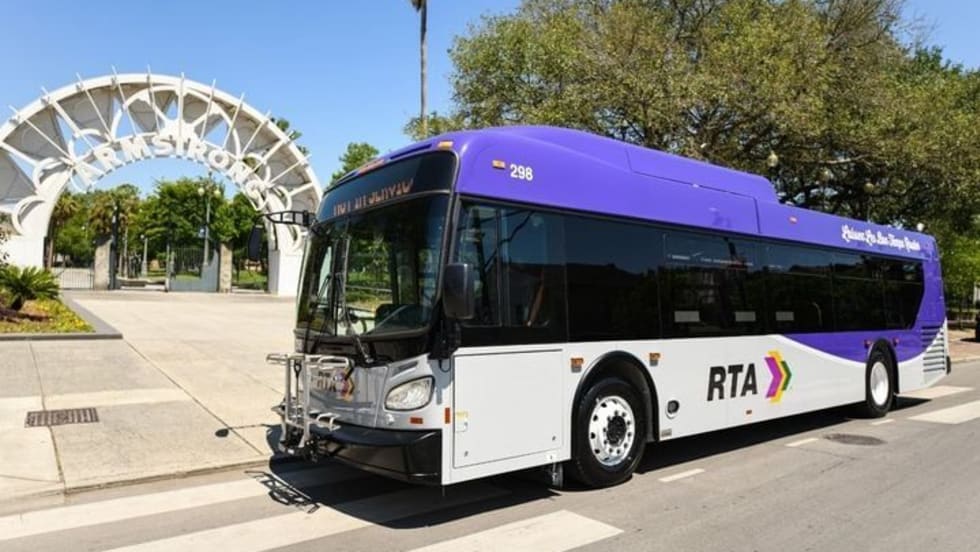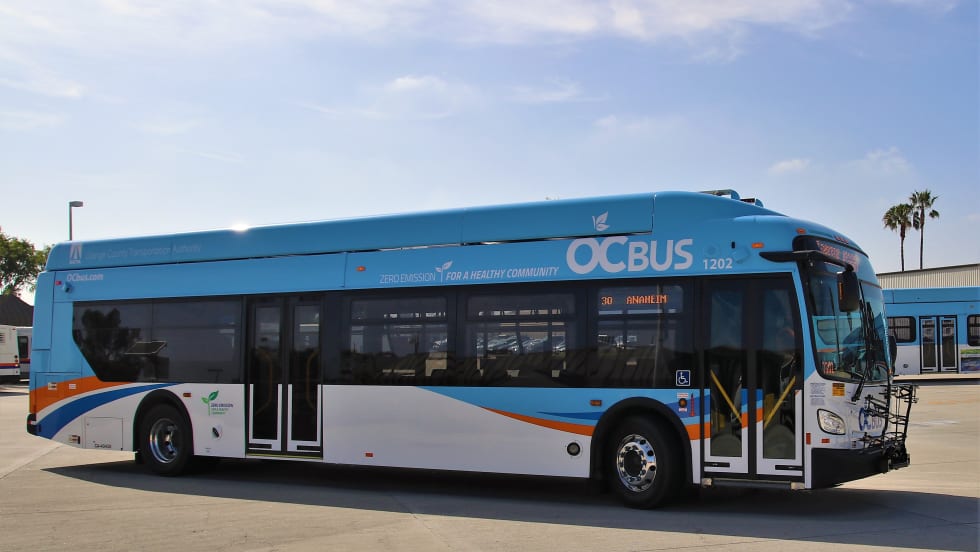According to a new study conducted by the TRECH Research Project, led by a team of researchers from Harvard T.H. Chan School of Public Health, Boston University, the University of North Carolina, and Columbia University Mailman School of Public Health, the Transportation & Climate Initiative (TCI) plan to transform the transportation sector and reduce related air pollution could mean major health benefits for everyone in the Mid-Atlantic and Northeast region.
Our Transportation Future (OTF), a coalition of national, regional, and local environmental, transportation, health, scientific, and business groups, issued a statement regarding the newly released, comprehensive study on the possible health benefits of a region-wide plan to limit pollution from motor-vehicle tailpipes and invest in transportation improvements. The OTF statement reads as follows:
“The preliminary results from the Harvard School of Public Health and other leading institutions clearly show the health benefits of improving our transportation system and underscores the fact that the potential benefits of implementing the Transportation and Climate Initiative’s cap-and-invest policy significantly outweigh the costs. TCI will clean up the air and improve the health of residents in each state and county in the region — providing up to $11.1 billion in health benefits annually by 2032.
The new Harvard study shows the health benefits of TCI will likely be greatest in areas where pollution is concentrated. For far too long, the costs of harmful air pollution from fossil fuel-powered cars, trucks, and buses has been disproportionately shouldered by the most vulnerable communities. According to a 2019 Union of Concerned Scientists study, ‘on average, communities of color in the Northeast and Mid-Atlantic breathe 66 percent more air pollution from vehicles than white residents.’ It is critical that a final TCI program prioritize investments in clean air and clean transportation solutions in these communities — and the preliminary results show those investments will make a difference. In addition to moving forward with a cap-and-invest policy, the states involved in TCI must move immediately and in parallel to enact complementary policies to address any additional pollution burdens.
The researchers at these leading universities have done a huge public service by shedding light on the public health benefits of investing in a cleaner and more equitable transportation future for the Northeast and Mid-Atlantic states. The states now have an opportunity to build on their public commitments to center equity in the TCI program, to use the findings from public health experts, to gather additional input from stakeholders, and to maximize health benefits through targeted investments that will guarantee emissions reductions in the most overburdened communities.”
Key preliminary findings of today’s health report are as follows:
Health benefits for the five TCI climate mitigation policy scenarios are substantial and larger than estimated program costs.
Health benefits in the TCI region could reach as much as $11.1 billion per year by 2032.
TCI model scenarios showed health benefits, as well as air pollution reductions that result in meaningful progress towards closing the racial health disparities found between communities.
Up to 1,100 deaths avoided and 4,700 childhood asthma cases avoided per year by 2032.
Health benefits occur in every county in the region, both rural and urban. The stronger the program design, the greater the net benefits for health and reduction in emissions.
The TCI program is a bold regional plan being developed by a bipartisan group of governors and the mayor of Washington, D.C., with support from transportation, health, environmental, and business groups, to cut harmful carbon pollution from the transportation sector and to transform transportation across the Northeast and Mid-Atlantic. A final Memorandum of Understanding (MOU) between states detailing the program’s design will be agreed upon later this year.
In a recent webinar, TCI states announced several proposed commitments to advancing equity under the final TCI program MOU, including a commitment to invest at least 35% of TCI program proceeds to benefit underserved and overburdened communities and additional commitments around equitable processes in program implementation and transparency.
Our Transportation Future is a coalition of 75 local, regional, and national organizations committed to modernizing transportation across the Northeast and Mid-Atlantic region. OTF is focused on improving our transportation system — the ways we move people and goods in the region — to spur economic growth, make us healthier and safer, clean up the environment, and improve our quality of life. Our Transportation Future envisions a near future where people across the region will be able to move from place to place safely, reliably, and affordably, with more ease and less air pollution. Our vision is for improved regional transportation where communities are more connected, with reliable, safe mass transit, walkable and bikeable communities, more electric cars, trucks, and buses and accessible, affordable charging infrastructure.













